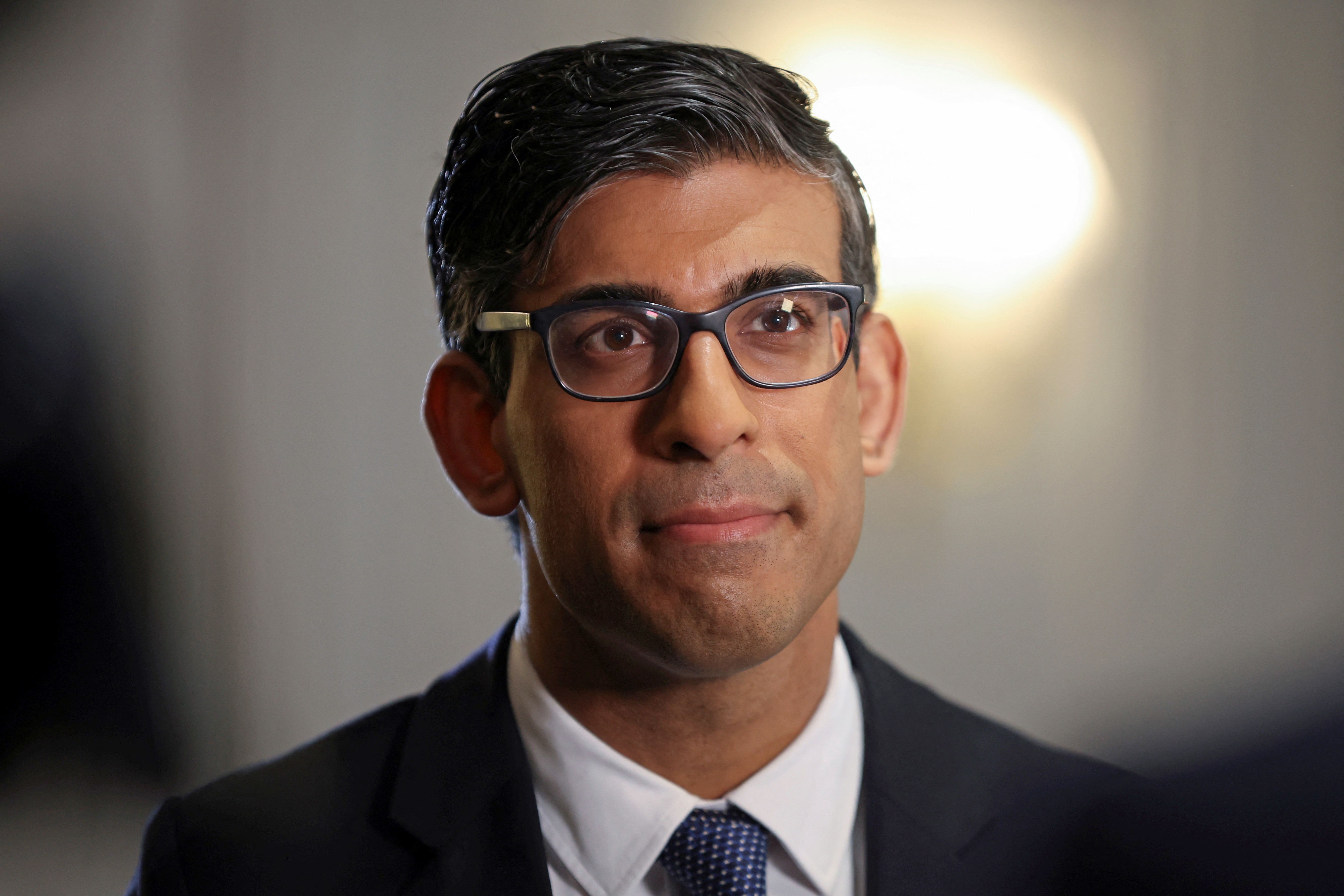Tactical voting is a way for people to use the system to make themselves heard
Editorial: More than ever, voters are expected to support the candidate best placed to defeat the Conservatives in local elections on 4 May

The British people, in their infinite wisdom, voted against changing the electoral system in a referendum 12 years ago. The introduction of an “alternative vote” system would have allowed them to number candidates in order of preference, and so do without the need for tactical voting, which involves guessing how other people are going to vote and making one’s own decision accordingly.
However, we report that the view of a number of election analysts, led by Professor Sir John Curtice, is that British voters are likely to engage in tactical voting in the local elections on 4 May on a grand scale. Thus they may achieve roughly what they would have achieved by way of the alternative vote – in this case, administering a ringing condemnation of the governing party and its record.
“Tactical voting happens when people dislike the government so much they will take whatever stick is available to beat it with,” Prof Curtice explains. An increasingly sophisticated electorate is capable of switching between Labour and the Liberal Democrats – and indeed other minor parties – depending on which candidate has the best chance of defeating the Conservative candidate in a given constituency or local government ward.
Prof Curtice predicts that this kind of anti-Tory switching could happen on the same scale as in 1992 and 1997 when Tory local election losses were exaggerated as voters sent a powerful message to an unpopular government.
Regardless of whether the government deserves to be punished, this is a welcome and democratic trend. Given that we do not have an electoral system that allows voters to express more than one preference, or that is designed to secure representation in proportion to the number of votes cast, voters must use the system we have in the most sophisticated way possible.
If the Conservatives’ real motive in introducing voter ID was to try to secure party advantage – which would seem odd, given that older voters are both less likely to have a photographic identity document and more likely to vote Tory – then they should be disproportionately punished for such an anti-democratic instinct.
If the government abolished preferential voting in the case of directly elected mayors in the belief that it would give Tory candidates an advantage, then the voters should use whatever means are available to them to deliver the bloodiest of noses.
But above all, if the voters feel strongly that the government is on the wrong track, then they are entitled to use whatever legitimate and democratic means they wish in order to convey that message. We would urge all citizens not just to use their vote, but to do so in whatever way they feel best makes their voice heard. This may involve voting for a second- or third-best candidate in the hope of blocking the worst. It may involve casting a vote on national issues rather than on the responsibilities of the local council.
In practice, it is likely that many Conservative councillors will lose their seats, not because of their own record locally, but because of the way people feel about the record of Rishi Sunak and his ministers. This is rough justice, but it is also a vibrant democracy in the hands of an increasingly informed electorate, determined to use the voting system to try to get what it wants.
“Tactical voting” is another way of saying “power to the people”.



Join our commenting forum
Join thought-provoking conversations, follow other Independent readers and see their replies
Comments